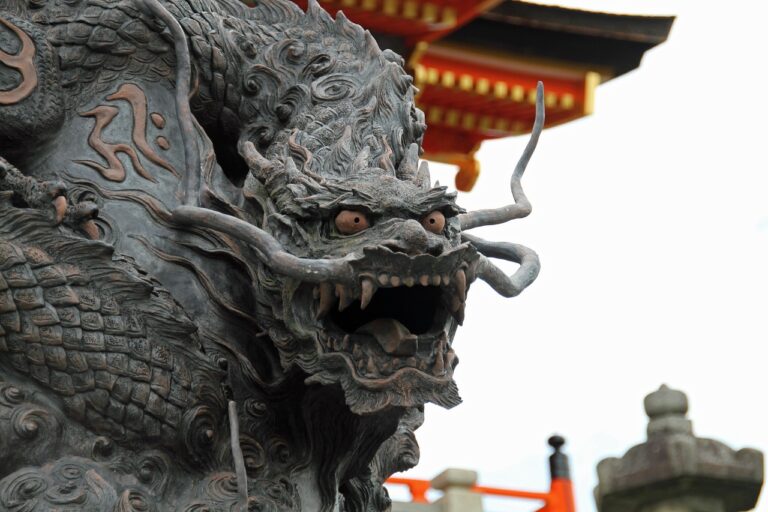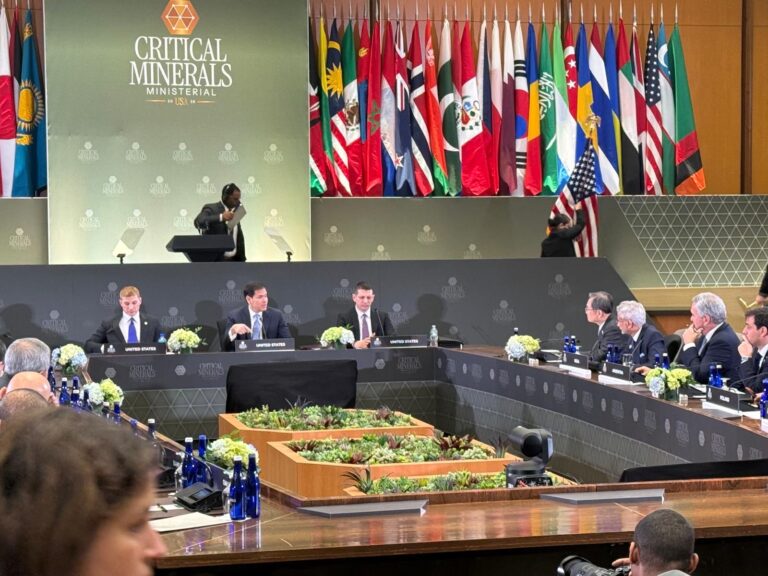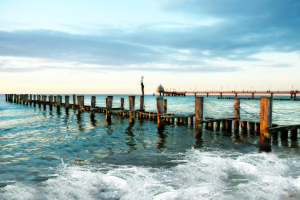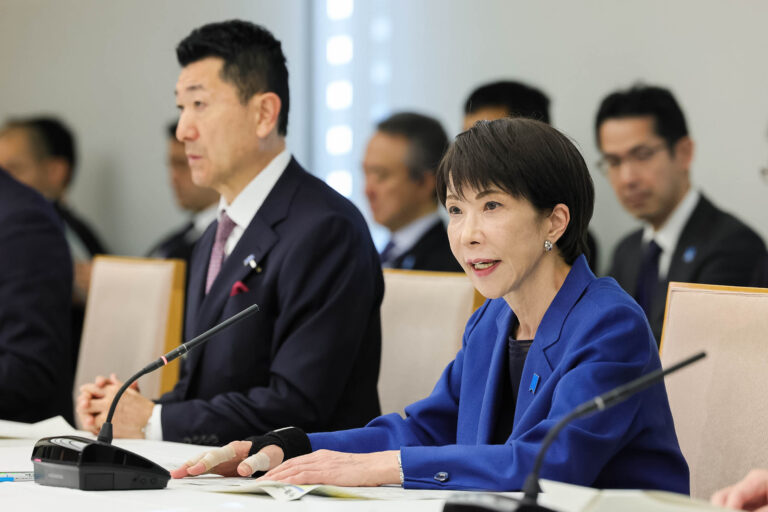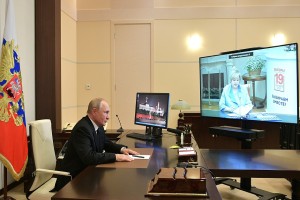
Vladimir Putin meeting with Russia’s Central Election Commission Chairperson Ella Pamfilova via videoconference, today.
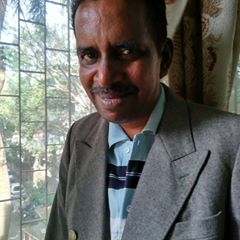 By Venkatesh Raghavan
By Venkatesh Raghavan
Allegations that were rife about ballot stuffing and forced voting, some of which got caught in pictures and videos displayed on social media platforms mired the success story of Russian President, Vladimir Putin’s United Russia Party securing a convincing majority at the hustings for the state Duma.
During the day at least six persons were killed and six others injured when a student opened fire at a university in Perm, about 1,300 km east of Moscow. The gunman was subsequently killed, Natalia Pechishcheva, a university spokesperson, said. Putin expressed his condolences on the tragedy and said “the law enforcement agencies will do what it takes to investigate this horrible crime and to get to the bottom of what happened there”.
Also read:
- Duma elections not free and fair, charges Washington
- Russian elections: A test of Vladimir Putin’s popularity?
United Russia’s poll victory was announced hours after closing of polls on Sunday evening. Putin had a meeting, via videoconference, with Russia’s Central Election Commission Chairperson Ella Pamfilova, who briefed the President on the preliminary results of the election campaign.
The most virulent attack from critics came against the global giants Apple and Google bowing to pressure from Putin and removing the Smart Voting App from their app store. The Smart Voting App was a platform for those voters who were opposed to Putin’s United Russia being in power. It was designed to help those opposed to the ruling disposition to vote in favor of the candidate who was most likely to beat the United Russia nominee in any given constituency.
The brainchild of jailed opposition leader Alexei Navalny, it failed to help those Russians who were keen on witnessing a change in the political fortunes of the United Russia Party in the Duma. With critics being either barred from contesting elections or jailed, Putin’s victory though seeming placid as the figures revealed, reported a four per cent drop in the popularity chart as compared to the previous elections, with United Russia garnering 50 per cent of the seats. Their closest rivals, the Communists, made it to the 20 per cent mark.
As it turned out to be partying time with the ruling cadres in the Duma, reactions pouring in from different quarters ranged from bordering on indifference to a sense of triumph over the mandate for a nationalist anti-West sentiment. While nationalist right-wing popularity did succeed for United Russia, the cries against a steep fall in living standards and rampant corruption issues among the ruling cadres got largely blunted owing to most popular political opponents of Putin being unable to participate in the polling process. Allegations apart, Putin’s ability to stand up to pressures emanating from the West and being able to play the assertive Russian nationalism card has fetched his Party a strongly supportive number of votes from the elderly people in the electorate, especially the pensioners. Much to Putin’s credit, though Navalny’s call for tactical voting had managed to reach a huge chunk of the Russian electorate, United Russia managed to maintain a significant majority, standing undaunted by the muted opposition efforts.
Meanwhile the allegations reported on social media found echoes from the independent election monitoring group Golos that reported having tracked upward of 4,500 polling violations. The Russian authorities brand Golos as a “foreign agent.” To sum up, while many from the elderly sections of the electorate expressed happiness over Putin’s victory, reactions pouring in from the young, to put it succinctly stated: “There is no point in voting. The results are already decided.”
Meanwhile, China, which is Russia’s comprehensive strategic partner of coordination, stated that the election results reflected the will of the Russian people. Beijing said after Russia’s new State Duma is formed, China will work with Russia to deepen cooperation between the two legislatures, promote inter-party exchanges and continuously enrich China-Russia relations in the new era.


